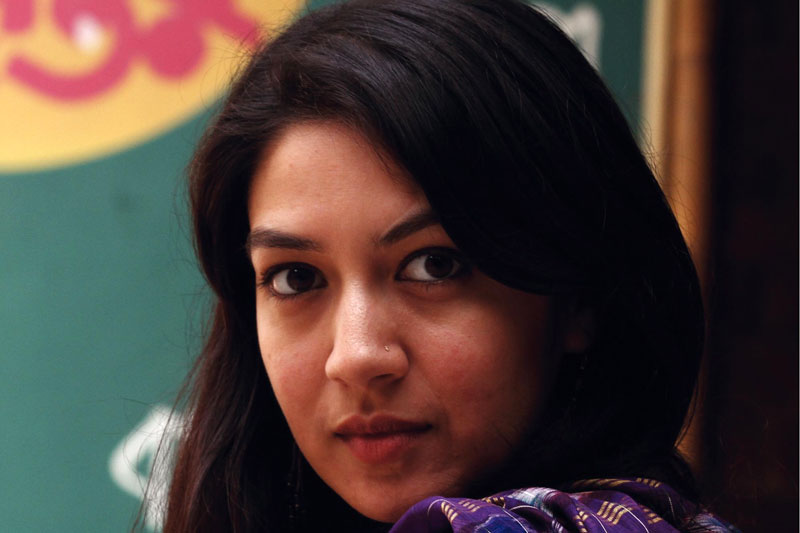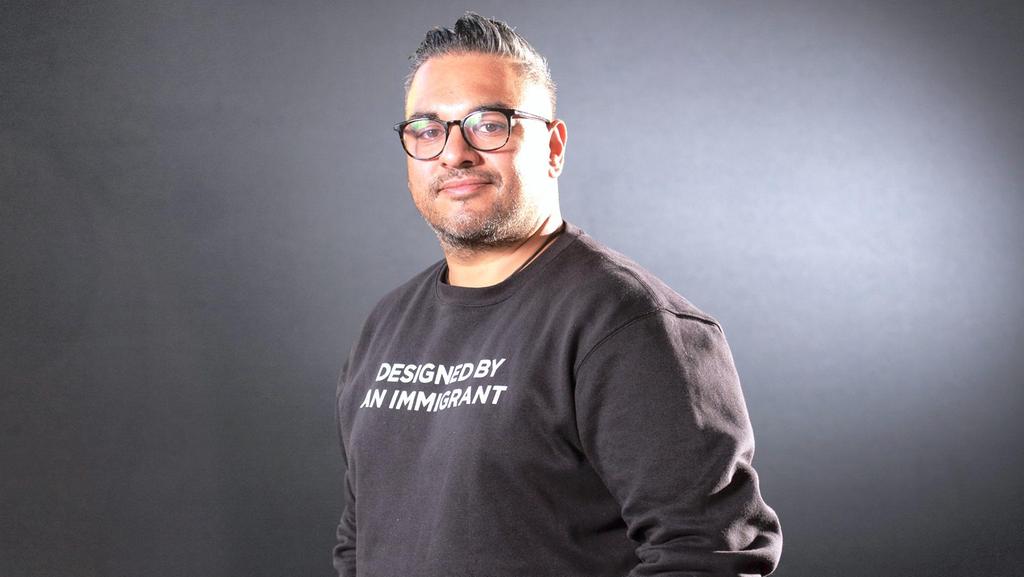Tahmima Anam has always been fascinated by migration. After all, the award-winning novelist of A Golden Age and The Good Muslim is a migrant herself. Born in Dhaka, Bangladesh, in 1975, she grew up in Paris, New York and Bangkok before becoming a British national three years ago.
Her latest work, which will be vying for the world’s most valuable short story prize – the Sunday Times EFG Short Story Award – tomorrow, focuses on the way migration has changed in the last 20 years. And there was only one place she could set such a tale of hopes, dreams and gruellingly hard work. Dubai.
“We used to think about migration as one-way, where people where I’m from would go to places like London, stay there and form communities. Migrant labour has made this very different,” she says, explaining the idea behind her story, titled Anwar Gets Everything.
“When a worker goes to Dubai, he doesn’t want to become Emirati, he purely wants to send money home. So migration is no longer about reinvention, it’s about using yourself, in a way, to improve conditions for loved ones back home – a place to which you will eventually return.”
In Anwar Gets Everything, which was originally published in Granta’s prestigious Best of Young British Novelists edition alongside work by Zadie Smith, Kamila Shamsie and Nadifa Mohamed last year, Anam is typically unflinching in her portrayal of a migrant labourer’s lot.
The protagonist, Anwar, muses that “no one cares about your speck of a life”. Anam hopes that the story might change perceptions of what migrant labourers have to deal with.
“Anwar feels he is invisible, but he’s trying to reclaim some form of humanity and the way he does that is by thinking about his child,” she says. “That makes him feel he’s not like an ant, a disposable person. And I suppose that all of these men spend their lives thinking about what they’ve left behind and what they hope they’re going back to. Their pleasure is derived in that fantasy, but the world of the imagination and world of work are in stark contrast to each other.”
And if Anwar’s situation provides food for thought – even Anam is curious how this story might go down in the UAE – then at least there is the sense that progress is being made: recently The National reported on the presentations made to the UN Human Rights Council by Minister of State for Foreign Affairs, Dr Anwar Gargash, which dealt with improving labour regulations and human- trafficking laws.
Through this short story, Anam deftly gives a human face to events usually painted in the broad brushstrokes of news headlines or history books, as she did in her two linked novels about a Bangladeshi family during and after the country’s Liberation War in 1971. “This is what fiction can do,” she agrees. “It was finding Anwar’s voice which persuaded me to try writing this story.”
Incredibly, it’s also the first short story Anam has ever had published, so she is both “thrilled” and “surprised” at the shortlisting. But one senses she knew she was onto something good: Anwar Gets Everything has now become part of Shipbreaker, the third book in her Bangladesh trilogy, which Anam hopes to finish by the end of the year.
“It’s a very different book to the other two, because the war narrative has faded,” she says. “But the family connection is still there, and Anwar’s story reflects what I was interested in – the people who leave Bangladesh but come back. I just think if you grow up in a place like Dhaka, whether you leave or return will always be a major theme in your life, no matter who you are.”
• The Sunday Times EFG Short Story Award will be announced on April 4
Read the Tahmima Anam piece as it was printed in The National


